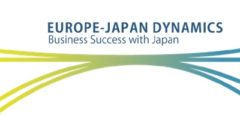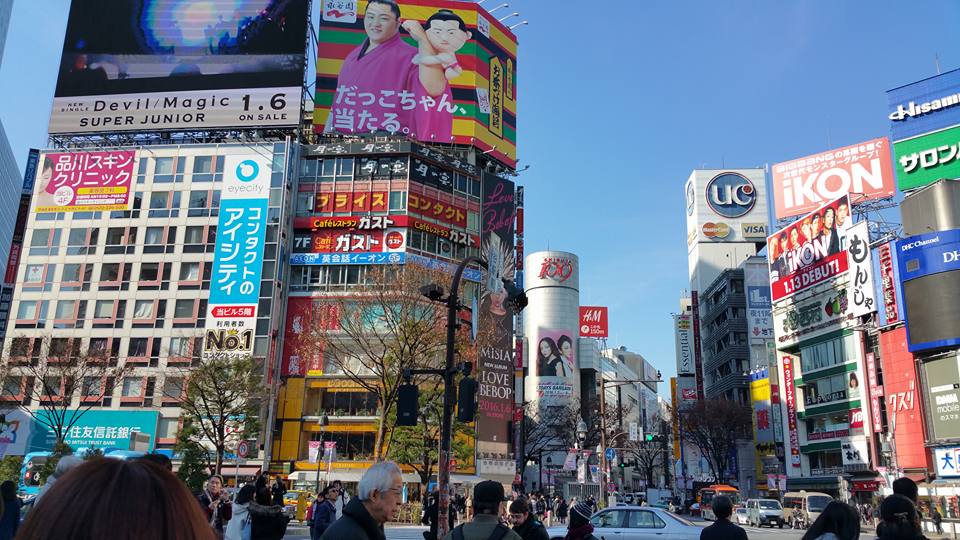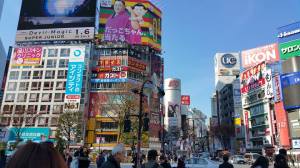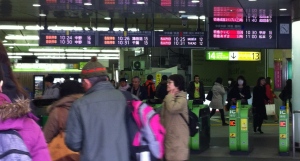Please enjoy fresh & hot news from Japan with comments by Europe-Japan Dynamics.
18 Jul. Two grass boats arrived in Iriomotejima, sailing for 75 km in the way it was 30,000 years ago
Two grass boats arrived in Iriomotejima (an island of Okinawa-ken), on 18 July. This is an experiment to do the same as our ancestors did to come to Okinawa by boat 30,000 years ago, organised by a team of researchers of the National Science Museum. The boats left Yonagunijima (another island) which is approximately 75 km away from Iriomotejima in the early morning on the 17th. On the way, they had to stop night navigation due to a fast drift of the tide, and an accompanying boat moved the grass boats to the south to place them on the right way.
Comments: Congratulations of the success of the adventure!
20 Jul. Softbank of Japan to acquire ARM of the UK by £24 billion, aiming at IoT for post-smartphone
Softbank Group ( a major Japanese mobile telecommunications operator) purchases a British ARM Holding, a global semiconductor design company, for approximately £24 billion (approximately 3,300 billion yen). This is the largest acquisition for a Japanese company to buy an overseas company. Stakes of the UK Government which wishes to invite foreign investment after Brexit, of ARM who wishes to get overseas investor and Softbank which wanted to obtain a new area of business agreed with each other.
Comments: A reduced value of the UK £ has brought a great opportunity to SoftBank to move on to acquire ARM as a strategic investment for the future of IoT.
20 Jul. The Ministry of Education, Culture, Sports, Science and Technology to set up an organisation which will be a control tower of developments of new medicines
The Ministry of Education, Culture, Sports, Science and Technology decided a policy to set up an organisation which will function as a control tower in order to make use of results of research undertaken by universities and research organizations to create new medicine. A major purpose is to connect results of the research by separate institutions and groups in various domains with each other and thereby to discover and feed into research and development those research results which tend to be buried by huge volume of information.
Comments: A clue to success of “the control tower” would be to make the information search easy for researchers, given wide areas and a very large volume of research. It will be ideal if the research results from institutions overseas would be included.
21 Jul. “Robo Cat Yamato”?, YAMATO experimenting an automatic driving for delivery from the next year
IT major D N A (DeNA) and Yamato Transport Co. Ltd. announced that they are starting an experiment to develop a distribution service using an automatic driving car from March 2017. With a nickname of “Robo Cat Yamato”, the experiment will continue for one year.
Comments: Drones in the sky, automatic driving car on the road, the logistics sector is innovating delivery system.
22 Jul. Thanks gift of Hometown tax is sending someone who will talk to your parents, Ashiya-shi, Hyogo-Ken
Ashiya-shi (Hyogo-Ken)added a service to dispatch a person who will talk to parents of payers of the Hometown tax (a tax system in which one pays part of the tax for the city s/he lives to his/her home town) to return a favor of the payment. The service is presently delivered as a regular public service for the aged by a resource center of senior citizens operated by the city. Ashiya-shi added the service to those payers of the Hometown tax, who are worried about their parents who lives alone in the city.
Comments: The speed of aging in Japan is fastest in the world.
- All the news items are picked up from “Asahi Digital”, and summarized and translated by Europe-Japan Dynamics. The articles are not an official translation by the Asahi Newspaper.











